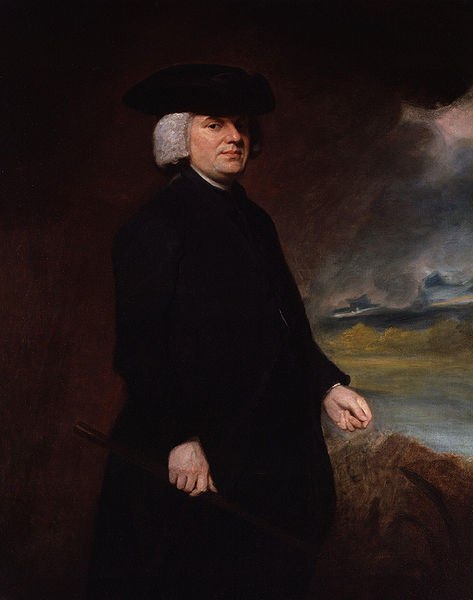

 |
 |
A misleading metaphor can do a lot of damage – especially when it is a metaphor for the world itself. In today's post, I'm going to discuss four metaphors for the natural world. I shall attempt to explain why I and many other Intelligent Design proponents believe that the metaphor of a watch, which is generally associated with William Paley (1743-1805), is an inadequate metaphor for the natural world. After that, I'll discuss what I consider to be three better metaphors for the world: a lute, a recipe and a symphony.
This post will also address a profound philosophical issue: what accounts for the "thinginess" of the things we find in the world? What makes a thing a thing? The question may sound a little abstruse, but it is actually of immense practical significance. Getting the answer to this question wrong can cause philosophers to over-exaggerate the reality of natural objects, causing them to falsely believe that things don't need a Creator to sustain them in existence. At the other extreme, philosophers may fall into the trap of minimizing the reality of things to such a degree that they are no longer real things at all, but merely simulations, like the "things" in the Virtual Reality world of The Matrix.
What prompted me to write this post was a recent online talk given by Professor Edward Feser at the Science and Faith Conference, held at the Franciscan University of Steubenville on December 3, 2011. I would strongly recommend that readers take the time to listen to Professor Feser's presentation, "Natural Theology Must Be Grounded in the Philosophy of Nature, Not Natural Science", as it is a crushing refutation of the arrogant pretensions of modern atheistic scientists, who believe science is fully capable of resolving the ultimate questions about Nature, without recourse to philosophy. Natural theology, argues Feser, has to be grounded in the philosophy of nature, if it is to get you to the God of classical theism.
Professor Feser's talk also contains a succinct exposition of the chief philosophical and theological objection made by some (but not all) Thomist philosophers to the notion of Intelligent Design. In layperson's language, Feser contends that ID is incapable of accounting for the built-in tendencies of natural objects. These tendencies endow things with their very "thinginess." Without these built-in tendencies, the world would be something like The Matrix; it wouldn't be a real world. Since Intelligent Design fails to account for the "thinginess" of things, Feser concludes that it is therefore of no help whatsoever when attempting to argue for the existence of a Creator Who made (and Who maintains in existence) each and every thing. What's more, says Feser, if things themselves are construed as artifacts, then it becomes impossible in principle to philosophically demonstrate that they need someone to maintain them in existence; all one could ever hope to show is that their parts need to be held together by an Intelligent Agent. The God of classical theism, however, is more than a mere Demiurge; He endows things with their very being.
During his talk, Feser discusses the theology of William Paley, who famously likened a living organism to a watch, which must have been made by a Divine Watchmaker. Feser focuses on the watch metaphor, because it encapsulates what he thinks is wrong with Intelligent Design.
To continue, please go to this page: here.